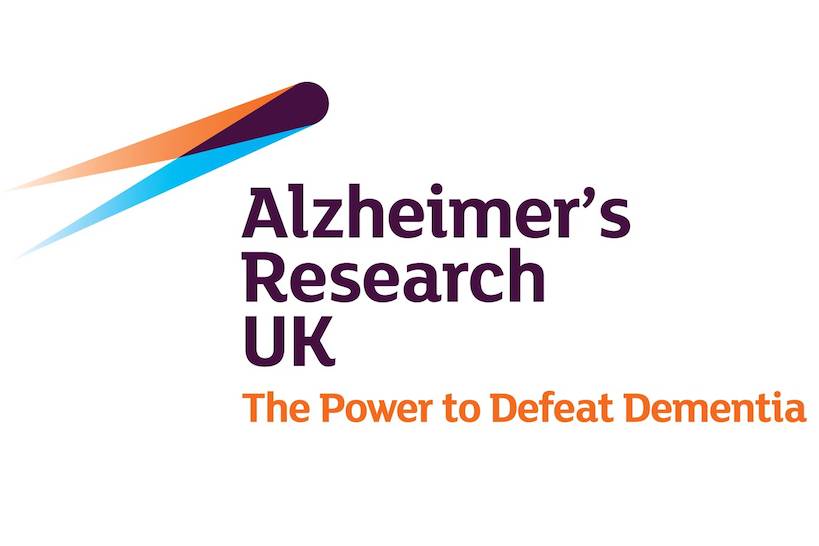The UK’s leading dementia research charity Alzheimer’s Research UK has announced it will fund a “pioneering” clinical trial at King’s College London using the “cannabis-based” treatment Sativex for people living with dementia.
Sativex is a peppermint-flavoured mouth spray that contains a 1:1 ratio of two key cannabinoids found in the cannabis plant – delta-9-tetrahydrocannabinol (THC) and cannabidiol (CBD). It is hoped that the drug will help with calming symptoms of agitation or aggression, which around half of the 850,000 people living with dementia in the UK experience.
As the charity points out in its statement: “Dementia, caused by diseases like Alzheimer’s, is not limited to the loss of memory and thinking skills and people with the condition can experience a wide range of symptoms, including changes to their behaviour.”

Alzheimer’s Research UK said it is committing nearly £300,000 for “a landmark phase II clinical trial of Sativex, a cannabis-based medicine licenced in the UK for the treatment of muscle stiffness and tightness experienced by people with multiple sclerosis. The Sativex for the Treatment of AgitatioN in Dementia (STAND) trial will now test whether it’s feasible to treat agitation in people with Alzheimer’s disease with the drug.”
Sativex is not currently licensed in the UK for any other indication. When the government in November 2018 moved cannabis-based products for medicinal use to Schedule 2 – enabling their prescription by specialist clinicians – that did not include Sativex, a Schedule 4 drug.
Chris Albertyn, Research Portfolio Lead at the Institute of Psychiatry, Psychology & Neuroscience, King’s College London, developed the proposal and will run the trial under the supervision of leading Old Age Psychiatrist, Prof Dag Aarsland. The study team at King’s College London will recruit volunteers with Alzheimer’s disease between 55 and 90 years old who are living in care homes and have symptoms of agitation or aggression. The STAND trial volunteers will take the medication for four weeks and researchers will compare the results from those taking Sativex® and those taking a dummy drug.
The successful completion of the STAND trial will tell scientists whether they should go on to perform a much larger clinical trial of Sativex® in people with the disease.
Prof Dag Aarsland, the lead researcher on the STAND trial, said: “Current treatments for behavioural and psychiatric symptoms of dementia are very limited, and we desperately need to develop alternatives. Doctors sometimes prescribe anti-psychotic medications, and while these drugs can have important benefits, these need to be weighed against the risk of very serious side effects.
“One of the key questions the STAND trial will answer is whether it is practical to give someone with dementia a drug through a mouth spray when they may be exhibiting severe symptoms of agitation and aggression. We will also get some indication of whether Sativex is effective at reducing symptoms, although larger studies will be needed to get firm evidence of this.”
Dr David Reynolds, Chief Scientific Officer of Alzheimer’s Research UK, the UK’s leading dementia research charity added: “With no new dementia treatments in over 15 years, it is vital that we test a wide range of approaches to find effective ways to help people living with the condition.
“While a major focus for dementia research is to develop drugs that slow or stop the progression of the physical diseases that cause dementia, what really matters is that a medicine benefits people’s day-to-day lives.
“The STAND trial opens the door to a treatment that may help to alleviate an extremely challenging set of symptoms.”







Comments (3)